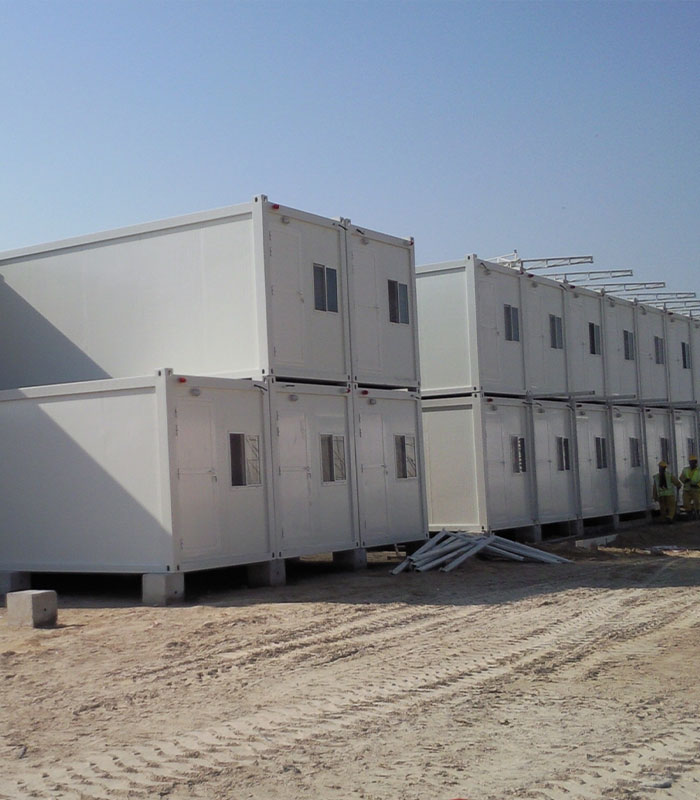
Creating a compliant and well-regulated site labor camp is vital for maintaining worker welfare and operational efficiency. These camps are not just accommodations but spaces where safety, health, and dignity must be considered. Ensuring adherence to regulations helps mitigate risks and nurtures a positive environment for workers. By understanding and implementing these key guidelines, managers can optimize conditions in a site labour camp KSA.
Compliance with local laws:
Adhering to local regulations and labor laws is the foundation of a well-managed camp. This includes obtaining the necessary permits, following zoning requirements, and complying with health and safety standards. Regular audits can help ensure compliance.
Adequate space allocation:
Overcrowding must be avoided in labor camps. Regulations often stipulate minimum space requirements per worker, ensuring sufficient room for sleeping, storage, and personal belongings. Meeting these standards promotes comfort and reduces health risks.
Proper sanitation and hygiene standards:
Labor camps must provide clean and functional sanitation facilities, including toilets, showers, and washing areas. Regular maintenance and compliance with health codes are key to preventing disease outbreaks and ensuring worker health.
Access to clean water:
A continuous supply of safe drinking water is a non-negotiable requirement. Labor camps must install water purification systems and regularly test water quality to meet health and safety regulations.
Fire safety measures:
Fire safety regulations mandate the installation of firefighting equipment such as extinguishers, smoke detectors, and emergency exits. Regular fire drills and inspections ensure preparedness and compliance with safety standards.
Medical support and emergency preparedness:
Regulations often require camps to provide first aid kits, on-site medical staff, or access to nearby healthcare facilities. Emergency plans, including evacuation procedures, must be clearly communicated and practised regularly.
Ethical treatment of workers:
Fair treatment and respect for workers’ rights are integral to regulatory compliance. This includes ensuring reasonable working hours, timely payment of wages, and access to grievance mechanisms. A code of conduct should be in place to promote a respectful and harassment-free environment. By following these regulations, site labor camps can provide a safe, comfortable, and compliant environment for workers. Ensuring labor accommodation compliance benefits workers and also reduces risks for site management.